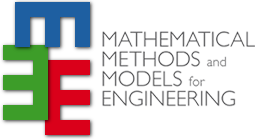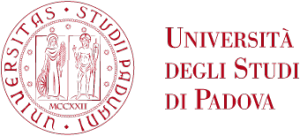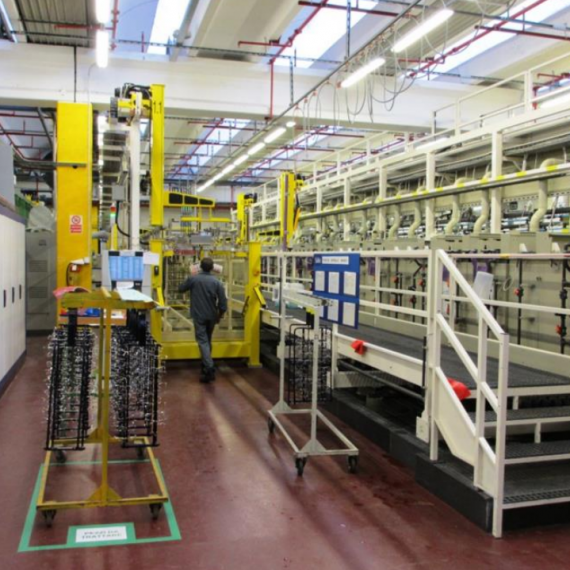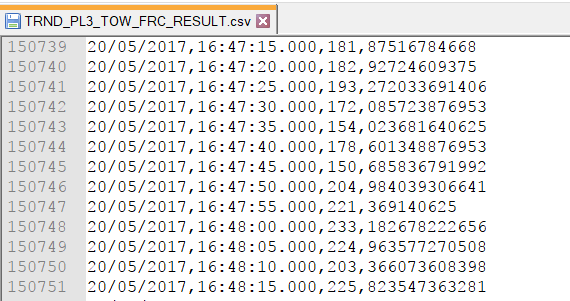Every day, hundreds of millions of data are gathered across the globe. These data are provided for example by sensors, that collect environmental or operating data (e.g. temperature, acceleration, humidity, pressure, etc.), by cameras or satellites, that collect pictures of the surrounding world, by microphones, that capture sounds and vibrations, and so on. The amount of available data is doubling in size every two years, and contains a huge amount of hidden information.
The aim of M3E is to extrapolate valuable information from the provided dataset, understanding the data and developing unique solutions, tailored exclusively for the Clients’ needs.
M3E is the ideal partner to develop data-driven models, in particular based on Machine Learning techniques (e.g. regression models, classification models, clustering, Artificial Neural Networks, etc.), to predict future scenario, estimate outcomes, evaluate costs and quality, schedule maintenance plan. Data analysis technique (e.g. Data Assimilation techniques based on Monte Carlo approach and on polynomial chaos expansion) are fundamentals for model validation and calibration and for optimization processes, aiming to identify the set of parameters which better approximate real-world scenario.
In this contest, Data Analysis is of paramount importance for the estimation of the relative importance of factors and parameters in a process and/or to estimate the sensitivity/uncertainty of the responses to uncertainty parameters in a model.
M3E uses best-in-class language such as Matlab, Python and C++, and adopts state-of-art libraries to implement models.
Main activities include
- development and evaluation of statistical models on structured and de-structured datasets
- development of Supervised (e.g. regression models, classification models, Artificial Neural Networks) and Un-Supervised (e.g. clustering, anomaly detections model) Machine Learning models, to create tailored algorithms
- Image Analysis by means of Visual Computing techniques using open-source libraries (e.g. OpenCV)
- model calibration and validation using Data Assimilation techniques based on Monte Carlo approach and on polynomial chaos expansion





